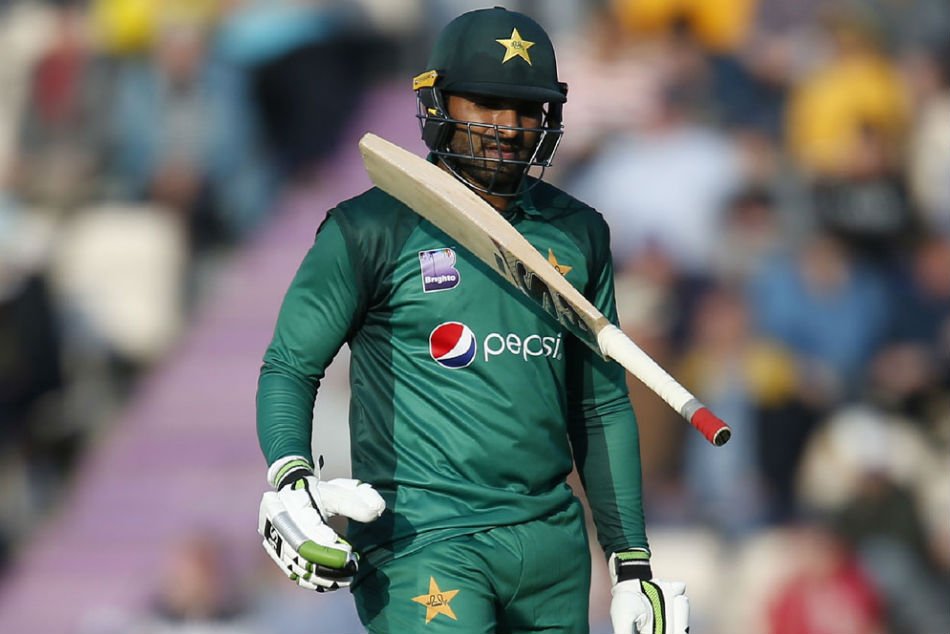The Pakistan squad which faced the West Indies in December in the home white-ball series has not been tinkered with too much, apart from a couple of forced changes. Fast bowler Mohammed Hasnain, whose action was reported for a suspected illegal action during the Big Bash League, where he appeared for the Sydney Thunder, failed a biomechanics test which revealed that the paceman’s elbow extension exceeded the 15-degree limit, which effectively puts him out of action until such time as his action is deemed legal by an ICC-certified biomechanics lab.
Hasnain has been replaced by Hasan Ali, who last played a white-ball international game in the T20 World Cup in 2021, where he went wicketless and conceded 44 runs against Australia in the semifinals of the tournament, which Pakistan lost after some brilliance courtesy veteran wicket-keeper Matthew Wade.
Mohammed Haris was one of the top talents on display in the Pakistan Super League, where he scored 166 runs for the Peshawar Zalmi at a superb strike-rate of 187, the highest among top-order batsmen in the seventh edition of the T20 tournament. He gave the world a brief example of what was to come in his very first game, as he scored 49 off just 27 balls against the Babar Azam-led Karachi Kings.
Haris’ selection now perhaps signals the end of the road for former captain Sarfaraz Ahmed, who has been in the squad as a potential replacement to Mohammed Rizwan over the last two years. Rohail Nazir was also on the mind of the selection committee, but Haris has made the cut over Ahmed and Nazir.
Asif Afridi has also been drafted into the squad after his impressive performance during the PSL, where he picked up eight wickets in five matches at an excellent economy rate of 6.52 for the Multan Sultans, who reached the finals of the 2022 edition, as they hoped to successfully defend their title, which they won in 2021.
The 35-year old Asif has perhaps been picked as a potential replacement for first-choice spinner Mohammed Nawaz, who suffered an injury to his foot during the PSL. Nawaz is also not part of the Pakistan squad in the Benaud-Qadir trophy, and his place in the squad is likely to be confirmed only after clearing a fitness test.
Pakistan’s squad has 20 players for the ODI series, whereas the T20 squad consists of 17 players. Saud Shakeel, Imam ul-Haq, and Abdullah Shafique have all been excluded from the T20 side. Pakistan have also decided to back Haider Ali, who has not been in the best of form, even having a torrid time in the PSL, where he scored 152 runs in nine innings at an average of 21.71 and a strike rate of 116.03.
All the white-ball players who are currently not part of the Test side will have to undergo a mandatory three-day isolation at Lahore before joining the rest of the squad in time for the white-ball series.
The uncertain political situation in Pakistan could force a venue change for the white-ball series. Pakistan’s former World Cup-winning captain and currently serving prime minister Imran Khan is due to face a no-confidence motion, which would mean that Islamabad and Rawalpindi are likely to be the venues for all political gatherings.
As a result, a shift of venues from Rawalpindi to Lahore is set to take place. The white-ball series kicks off with three ODIs starting on March 29 and will end on April 5 with a one-off T20I


